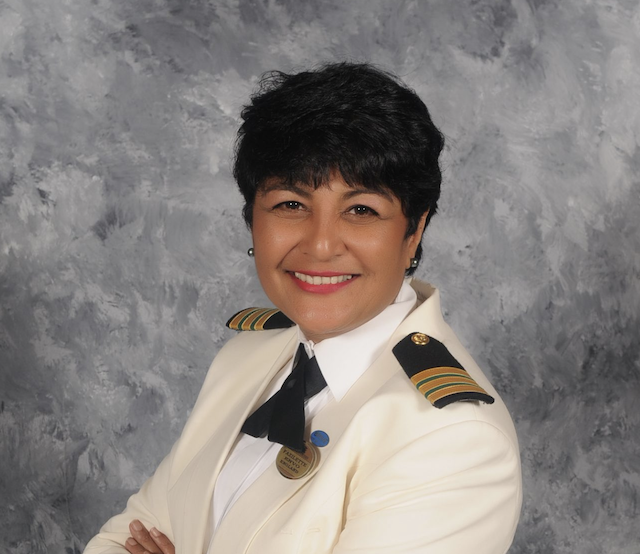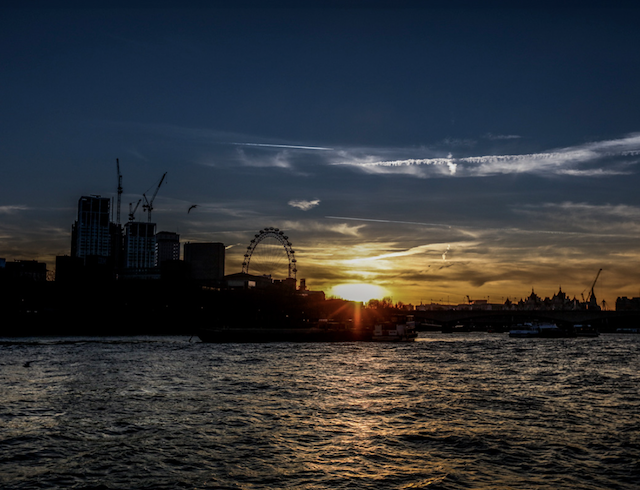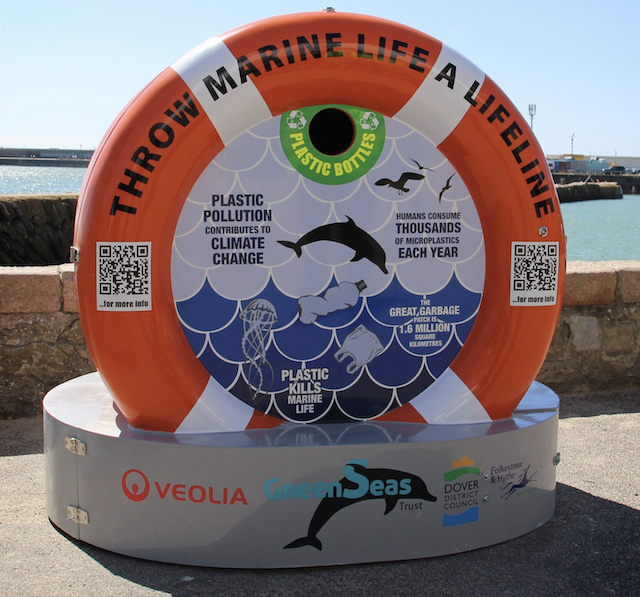Post
River Thames marine conservation: Combatting plastic pollution
25 Aug 2024
The River Thames has some of the highest recorded levels of microplastics in the world. The statistics on plastic pollution in the Thames are alarming. Scientists have estimated that 94,000 microplastics per second flow down the river in some areas, exceeding levels in other major European rivers.
In a bid to combat plastic pollution in the River Thames, BinForGreenSeas, an organisation that promotes and implements environmental programmes, has set up recycling bins, the latest one is opposite the International Maritime Organization’s (IMO) headquarters in London, sited by the River Thames at 8 Albert Embankment. There are several along the river, including at the Globe Theatre, Bankside.
The charity is also one of the partners of the Port of London Clean Thames initiative that aims to make the Thames clean, free of pollution, waste, and sewage, by 2030.
Check out our rundown of upcoming events
Founder Fazilette Khan worked with design students at the University of East London, to create a bin that would cut through consumer apathy and provide a recycling point for polyethylene terephthalate (PET) plastics.
The marine conservationist spoke to the London Society about her mission to rid the River Thames of plastic pollution.
Does BinForGreenSeas work on education projects?
If we want to preserve the planet, oceans and natural world for the next generation, what better way could there be, than by engaging young people in sustainability? By involving them, we are creating environmental ambassadors of the future. GreenSeas Trust often gives talks and workshops at schools.
The River Thames has some of the highest recorded levels of microplastics globally? Is it getting worse?
Beach and riverside clean-up's are great, but they only alleviate the problem temporarily. At GreenSeas Trust we want a permanent solution based approach to stopping plastics entering the seas. That means educating people, en masse. The BinForGeenSeas does that. It is the most cost effective way of educating people visually, 24/7
What are your plans for the future?
We hope that with the addition of the three new bins this year in the UK, we will collect over one million plastic bottles or approximately nine tonnes of plastics per annum. We are currently fulfilling our first overseas order for three bins to Qatar. I would like to see us grow globally. It's a unfounded perception that if you don't spend one million pounds on a project it is not worth shouting about. But the reality is - small solutions can have huge impacts.
Do you intend to provide more bins or do other activities?
Yes - the bins work. I would also like to get more into the educational side. Both at schools and for the shipping and seafarers. There will be many more bins coming to waterways near you. And I’m committed to educating more and more people. If I can make this kind of difference alone, just think what we can all do if we play our part.”


